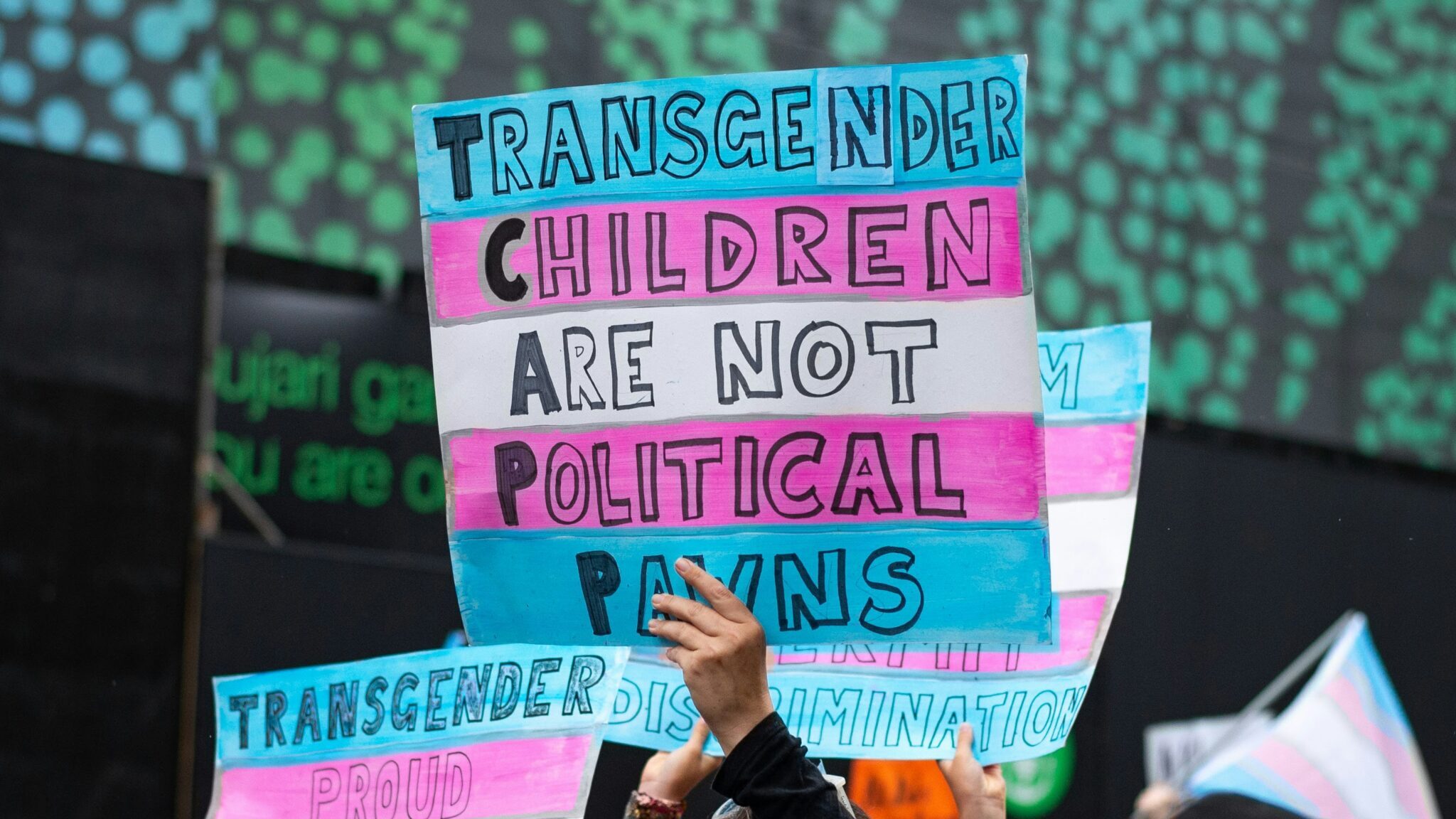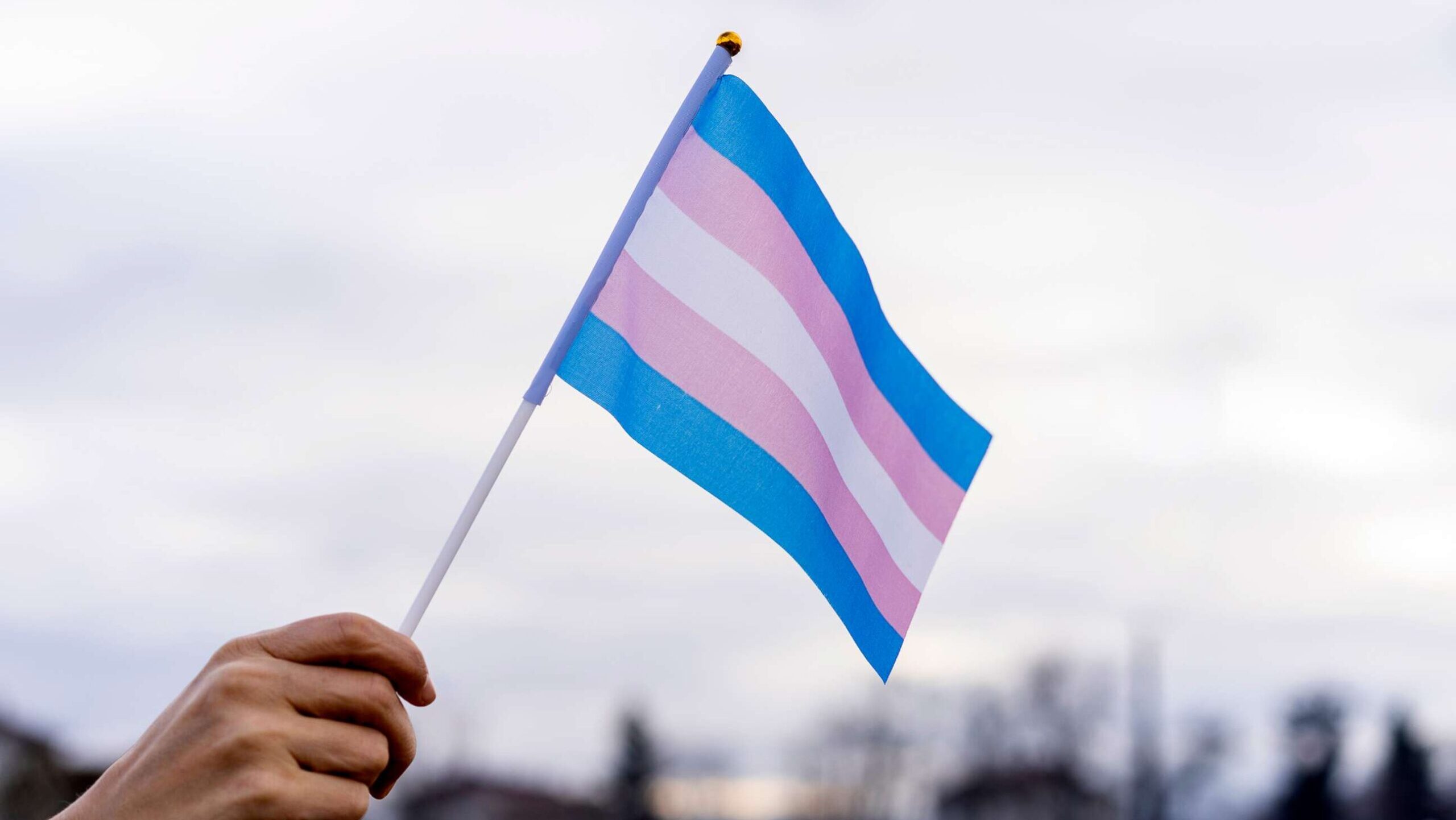Just a few weeks before our trip, North Carolina passed
House Bill 2, which required everyone in the state to use public restrooms based on the sex assigned to them at birth. What that meant for me — an American transgender woman — was that I would have to break this law in order to use the women’s restroom at any of the stops we visited in the state.
As we crossed the border from Virginia, my wife and I both grew uneasy. We still had several hours of interstate driving in North Carolina ahead of us. Knowing that I could be arrested if I used a women’s restroom, my wife found a
downloadable Google Map called “
Safe Bathrooms,” which the spouse of a transgender person created so other transgender people could find a safe restroom to use in a supportive, private business.
Thankfully, we found one for me to use in downtown Greensboro at a small independent bookstore. After entering the bookstore, I explained to an employee that I was transgender and would like to use the restroom. The employee graciously showed me where it was.
As safe as my family and I felt at that moment, the sting of state-sanctioned discrimination was sharp. It felt especially poignant for my family to find refuge in the same city where four brave North Carolina A&T students
staged a sit-in
to integrate the F.W. Woolworth store nearly 60 years earlier.
Though North Carolina
has since repealed this discriminatory restroom law, many LGBTQ Americans continue to face similarly agonizing decisions each day. According to the Human Rights Campaign, 2021 has been
a record-breaking year for anti-LGBTQ laws in state legislatures — many of them targeting transgender youth seeking medical care or wanting to compete in sports.






